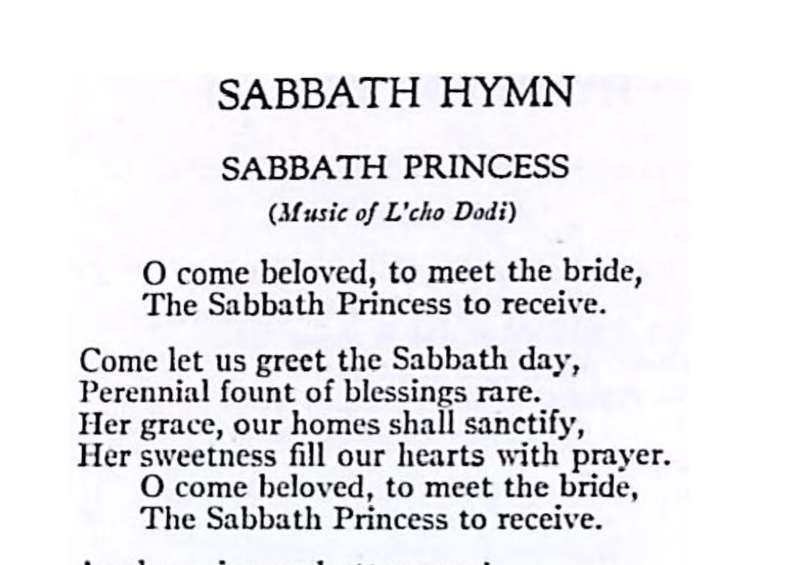| Contribute a translation | Source (English) |
|---|---|
The Peace of Pity | |
O brother man, fold to thy heart thy brother! Where pity dwells, the joy of peace is there;[1] Original poem reads, “the peace of God is there.” Peebles’ Spiritual Harmonies (1880) has “a heavenly peace is there.” Later wording in Ethical Society hymnals have “the soul of good is there.” To worship rightly is to love each other, Each smile a hymn, each kindly deed a prayer. | |
Follow with reverent steps the great example Of those whose holy work was “doing good”; So shall the wide earth seem a human temple;[2] Original poem reads, “our Father’s temple.” Each loving life a psalm of gratitude. | |
Then shall all shackles fall; the stormy clangour Of wild war-music o’er the earth shall cease; Love shall tread out the baleful fire of anger, And in its ashes plant the tree of peace. |
Three stanzas adapted from “Worship” by John Greenleaf Whittier (1807-1892), appears as hymn number 73: “The Peace of Pity” in Rabbi Max Klein’s hymn book for Congregation Adath Jeshurun, Philadelphia, Hymns of Prayer and Praise (1926). Nowadays we might say “The Peace of Empathy” rather than “The Peace of Pity,” but I’ve left the title unchanged here.
Hymn Studies Blog notes, “Penned in 1847 and 1848 as part of a poem entitled “Worship” with fifteen stanzas to contrast the excesses and carnalities of pagan worship with what Whittier considered to be the essential duty of man, it was first published in his 1850 Labor and Other Poems.” Only three or four stanzas commonly appear in Protestant hymn books where the title is normally given as “O Brother Man.” In this adaptation, the wording of two lines can be found to be changed from Whittier’s original text. In one line, “the peace of God is there” is changed to “the joy of peace is there.” In another line, “So shall the wide earth seem our Father’s temple” is changed to “So shall the wide earth seem a human temple.” The two changes I’ve noted appear exclusively in the version of the hymn titled “The Peace of Pity,” the earliest attestation of which I could find on page 144 of J.H. Kellogg’s Good Health 35:3 (March 1900). That same year, a similar variation was printed in Hymns of modern thought, a hymnal of the Hampstead Ethical Institute. In a hymnal published twenty years earlier, in 1880, different language appears in the same lines (Peebles, Spiritual Harmonies). Although my search isn’t exhaustive, it appears to me that the version appearing in Adath Jeshurun’s hymn book had been circulating in the Clean Living Movement, and possibly among Ethical Society congregations. –Aharon Varady
Source(s)



Notes

“The Peace of Pity — three stanzas adapted from “Worship,” a poem by John Greenleaf Whittier (1848)” is shared through the Open Siddur Project with a Creative Commons Public Domain Dedication 1.0 Universal license.










Leave a Reply